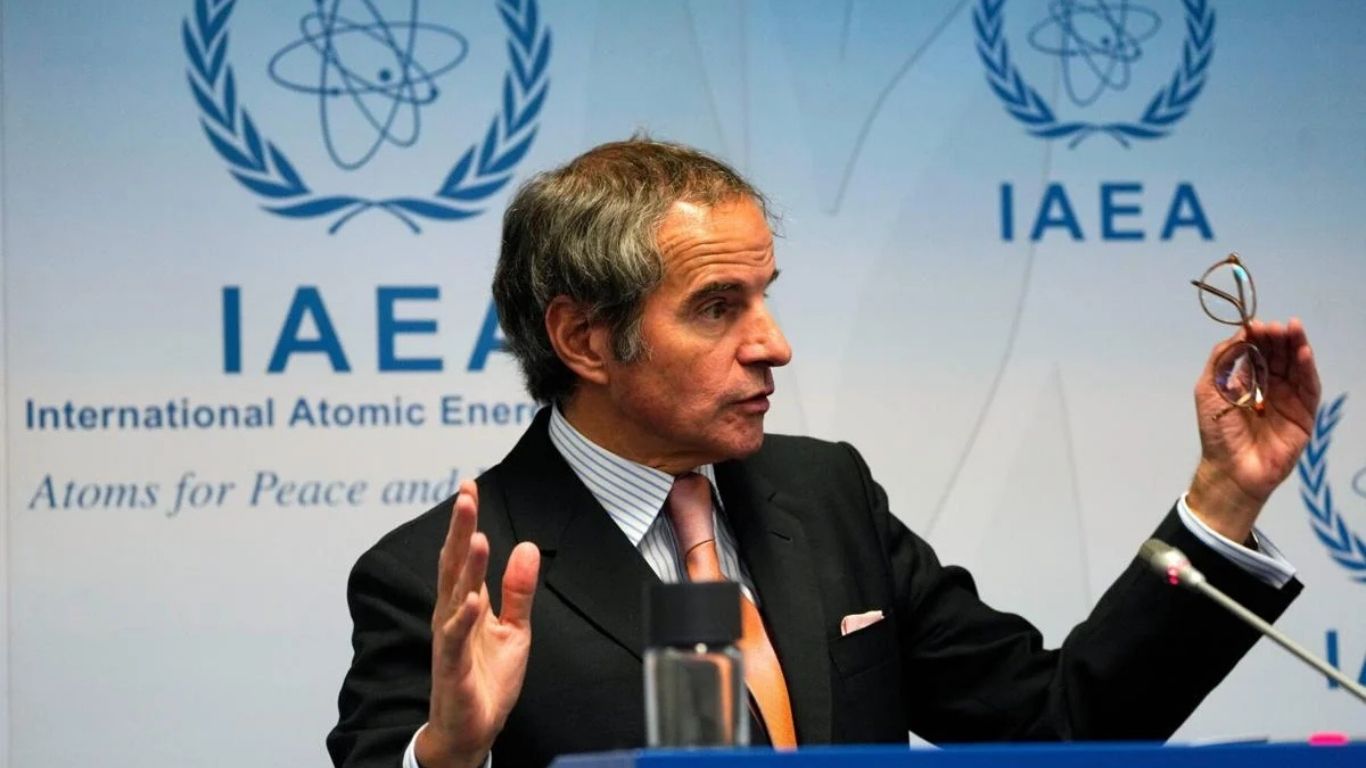In a high-stakes vote that underscored deep divisions on Capitol Hill, the U.S. Senate on Friday rejected a resolution that would have restricted President Donald Trump’s authority to launch further military action against Iran.
The 53-47 vote, which fell largely along party lines, came just days after U.S. airstrikes targeted three of Iran’s most critical nuclear facilities in the wake of the Iran-Israel conflict.
War Powers Showdown: Congress vs. the President
The resolution, spearheaded by Senator Tim Kaine (D-Va.), aimed to reassert Congress’s constitutional role in declaring war. Kaine argued that the framers of the Constitution intended to prevent any single individual from unilaterally taking the nation to war, especially in a volatile region like the Middle East. “If you think the president should have to come to Congress, whether you are for or against a war in Iran, you’ll support Senate Joint Resolution 59, you’ll support the Constitution that has stood the test of time,” Kaine said before the vote.
Despite Kaine’s plea, the measure was defeated. Only one Democrat, Sen. John Fetterman (D-Pa.), broke ranks to vote with Republicans, citing his support for Israel and opposition to restricting presidential action in what he called a “very successful” military exercise. Conversely, Sen. Rand Paul (R-Ky.) was the sole Republican to back the resolution, warning that unchecked executive power undermines the Constitution and risks entangling the U.S. in endless wars.
The Iran Strikes: Success or Setback?
The Senate vote followed a week of heated debate over the effectiveness and legality of the recent U.S. strikes on Iran’s nuclear infrastructure. President Trump and his administration have touted the operation as a decisive blow, claiming it “obliterated” Iran’s nuclear program and set back its weapons ambitions by years. CIA Director John Ratcliffe echoed this view, citing “credible intelligence” that several key Iranian facilities were destroyed and would require years to rebuild.
However, a leaked assessment from the Defense Intelligence Agency (DIA) painted a more nuanced picture. According to the DIA, the strikes did not destroy the core components of Iran’s nuclear program and likely only delayed its progress by a few months. The report also suggested that much of Iran’s enriched uranium stockpile survived the attack, as some may have been moved prior to the strikes. The White House dismissed the DIA assessment as inaccurate, insisting the mission was a “spectacular military success”.
Political Fallout and Constitutional Debate
The failed Senate resolution highlighted a fundamental tension in American governance: the balance of war powers between Congress and the president. While most Republicans argued that the president must have flexibility to act swiftly against threats from Iran especially after the recent 12-day Iran-Israel war Democrats and some constitutional conservatives warned that bypassing Congress undermines democratic accountability and risks deeper U.S. entanglement in the Middle East.
Sen. Paul, in a forceful floor speech, declared, “The American people are sick and tired of sending their children to fight and die in war zones on the other side of the world with no tangible U.S. interests at stake. Abdicating our constitutional responsibility by allowing the executive branch to unilaterally introduce U.S. troops into wars is an affront to the Constitution and to the American people”.
What’s Next: House Vote and Ongoing Tensions
The debate is far from over. The House is expected to vote on similar war powers legislation in the coming weeks, with bipartisan sponsors including Reps. Ro Khanna (D-Calif.) and Thomas Massie (R-Ky.). Their resolution seeks to reaffirm Congress’s sole authority to declare war and prevent further unauthorized military escalation with Iran.
Meanwhile, the situation in the Middle East remains tense. Iran has vowed to respond to U.S. and Israeli attacks, and questions linger over the true extent of the damage to its nuclear program. As the administration signals it may consider additional strikes if Iran resumes uranium enrichment, the risk of a broader regional conflict persists.
A Defining Test for U.S. Democracy
The Senate’s rejection of the war powers resolution marks a pivotal moment in America’s ongoing struggle to define the boundaries of executive authority during wartime. As the world watches the fallout from the Iran-Israel conflict and U.S. intervention, the stakes for constitutional checks and balances and for the prospects of peace in the Middle East have rarely been higher.



